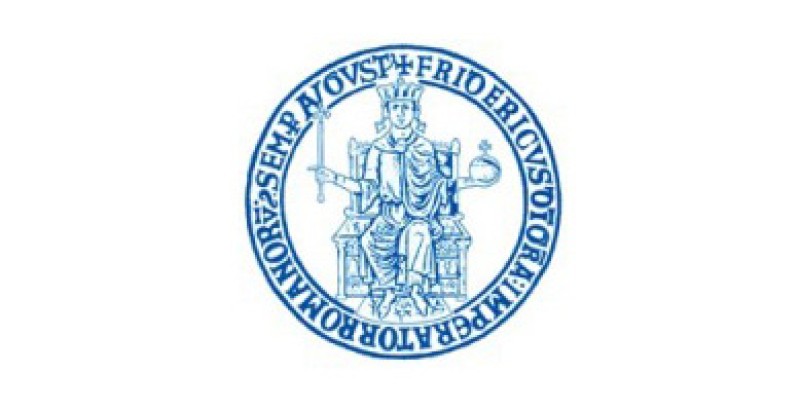PDW 02 [SWG 10 + 16]: Corporate Social Responsibility and Communication
Call for Applications
Facilitators:
- Steffen Blaschke, Copenhagen Business School, Denmark
- Jana Costas, European University Viadrina, Germany
- Frank de Bakker, VU University Amsterdam, The Netherlands
- Jean-Pascal Gond, Cass Business School, UK
- Timothy R. Kuhn, University of Colorado at Boulder, USA
- Dennis K. Mumby, University of North Carolina, USA
- Guido Palazzo, University of Lausanne, Switzerland
- Andreas G. Scherer, University of Zurich, Switzerland
- Steen Vallentin, Copenhagen Business School, Denmark
Purpose
This PDW,
jointly hosted by the EGOS Standing Working Groups 10 ("The Changing Role of Business in Global Society") and 16 ("Organization
as Communication"), seeks to expand and enrich the body of research on CSR and communication (for a most recent overview,
see Crane & Glozer, forthcoming). Specifically, the workshop aims to examine the role of talk and text (including verbal,
written, or visual communication) in shaping the nature and meaning of CSR – and how CSR meanings in turn shape such communication.
This may include scholarly contributions that will extend our understanding of how rhetoric, narrative, discourse, sensemaking,
and other frameworks of meaning are involved in CSR communication.
The existing literature on CSR tends to be –
at least implicitly – permeated with a normative or prescriptive stance on CSR communication: either as optimism
about how communication of CSR can be used by corporations to foster their reputation and legitimacy (e.g., Sen et al., 2006;
Ferrell et al., 2010) – or with a rather skeptical stance (e.g., Roberts, 2003; Banerjee, 2008). However, across
both streams of the literature, the prospective, anticipatory, and formative role of communication for CSR has, thus far,
rather remained implicit or under-theorized.
More specifically, communicative practices can play an important and
formative role, for instance, in constituting networked relationships between business firms and larger society (Castello
et al., 2013; Schoeneborn & Trittin, 2013), in driving organizational and social change (Christensen et al., 2013; Haack,
Schoeneborn & Wickert, 2012), in constituting new subject relations in the field of CSR (Caruana & Crane, 2008), and
enabling sensemaking about what CSR can and cannot be (Basu & Palazzo, 2008). In other words, there is a need to understand
better what communication does to CSR and what CSR does to communication. Therefore, in this workshop, we
suggest bringing a formative view of communication to the forefront of CSR research.
Format
The
workshop will be structured in two main parts. In the first part, the workshop will feature a panel discussion among senior
scholars on communication-centered perspectives to study corporate social responsibility. In the second part, participants
will have the possibility to discuss and receive feedback regarding their working papers in a workshop setting. Facilitators
will be assigned to working papers and discuss the articles in small groups.
Please note that this workshop is
linked to a Call for Papers for a Special Issue on "CSR and Communication: Examining how CSR Shapes, and is Shaped by, Talk
and Text" by the journal Business & Society. Paper submitters can use the workshop to receive in-depth feedback
on how they can further develop their short papers for submission to the Special Issue (or other forms of publication). The
detailed Call for Papers can be found on the journal's website: http://bas.sagepub.com/site/includefiles/CSR_Communication.pdf.
Acceptance for presentation at the workshop does not guarantee acceptance of the paper for publication in Business &
Society.
Application
In this workshop, we aim to bring a formative view of communication
to the forefront of CSR research. We invite contributions that take stock of our existing knowledge and advance CSR communication
theory through new conceptual considerations (from a broad variety of schools of thought), empirical insights, and critical
reflections. To be considered for the workshop, authors will need to submit a short paper via the EGOS website. The workshop
should be of special interest for junior faculty scholars as well as PhD students with research ideas under development.
Please submit – via the EGOS website! – a single document of application (.doc, .docx or .pdf
file) that includes:
- On the first page: a cover page including full details of name, address (postal address, phone, and email), and affiliation;
- A draft/working paper (max. 10 double-spaced pages, incl. references, figures, or tables).
References
- Banerjee, S.B. (2008): "Corporate social responsibility: The good, the bad and the ugly." Critical Sociology, 34 (1), 51–79.
- Basu, K., & Palazzo, G. (2008): "Corporate social responsibility: a process model of sensemaking." Academy of Management Review, 33(1), 122–136.
- Caruana, R., & Crane, A. (2008): "Constructing consumer responsibility: exploring the role of corporate communications." Organization Studies, 29, 1495–1519.
- Crane, A., & Glozer, S. (forthcoming): "Researching CSR communication: Themes, opportunities and
challenges." Journal of Management Studies.
Castelló, I., Morsing, M., & Schultz, F. (2013): "Communicative dynamics and the polyphony of corporate social responsibility in the network society." Journal of Business Ethics, 118 (4), 683–694. - Christensen, L.T., Morsing M., & Thyssen, O. (2013): "CSR as aspirational talk." Organization, 20 (3), 372–393.
- Ferrell, O.C., Gonzalez-Padron, T.L., Hult, T.M., & Maignan, I. (2010): "From Market Orientation to Stakeholder Orientation." Journal of Public Policy & Marketing, 29 (1), 93–96.
- Haack, P., Schoeneborn, D., & Wickert, C. (2012): "Talking the talk, moral entrapment, creeping commitment? Exploring narrative dynamics in corporate responsibility standardization." Organization Studies, 33 (5-6), 815–845.
- Roberts, J. (2003): "The manufacture of corporate social responsibility: Constructing corporate sensibility." Organization, 10 (2), 249–265.
- Schoeneborn, D., & Trittin, H. (2013): "Transcending transmission: Towards a constitutive perspective on CSR communication." Corporate Communications: An International Journal, 18 (2), 193–211.
- Sen, S., Bhattacharaya, C.B., & Korschun, D. (2006): "The role of corporate social responsibility in strengthening multiple stakeholder relationships: A field experiment." Journal of the Academy of Marketing Science, 34 (2), 158–166.


